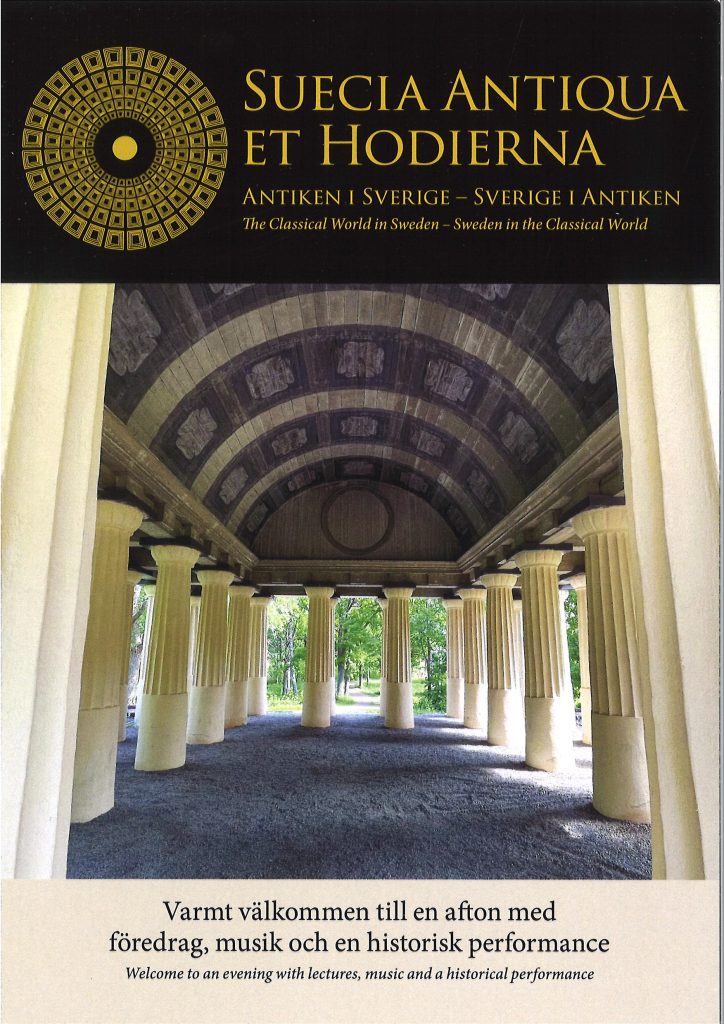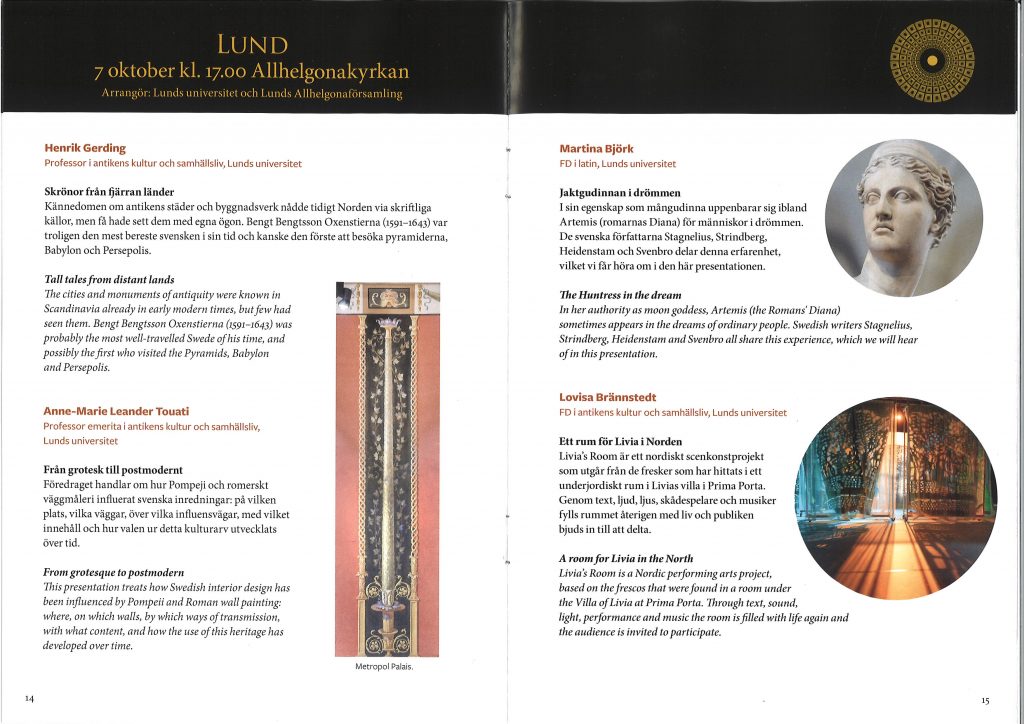OBS! Ändring av sal i texten! // Edited to correct hall!
Prokrastinering och planeringspanik kan drabba den bästa student och därför har fakulteten en gemensam kom-igång-timme på måndagar kl 9.15-10 som är öppen för alla studenter på HT. Det innebär att en timme varje måndag finns det en studievägledare tillgänglig för att hjälpa till med att lägga upp studierna, svara på frågor, stötta och allmänt vara en resurs i att få din vecka (och framåt) att funka studiemässigt. Nu på måndag den 24/10 är det jag som bemannar så dyk upp i sal C:327 och prata studieteknik med mig om du behöver.
//
Procrastination and planning-panic can affect even the best of students and thats why the faculty has created a common get-started-hour on Mondays at 9.15-10, open to all our students. This means that for one hour every Monday there is an academic advisor available to help you organise your studies, answer questions, provide support and generally be a resource in planning your weeks (and beyond) work studywise. This Monday, 10/24, I’ll be the one manning the desk, so pop into room C:327 and talk study skills with me if you feel the need.



Kommentarer